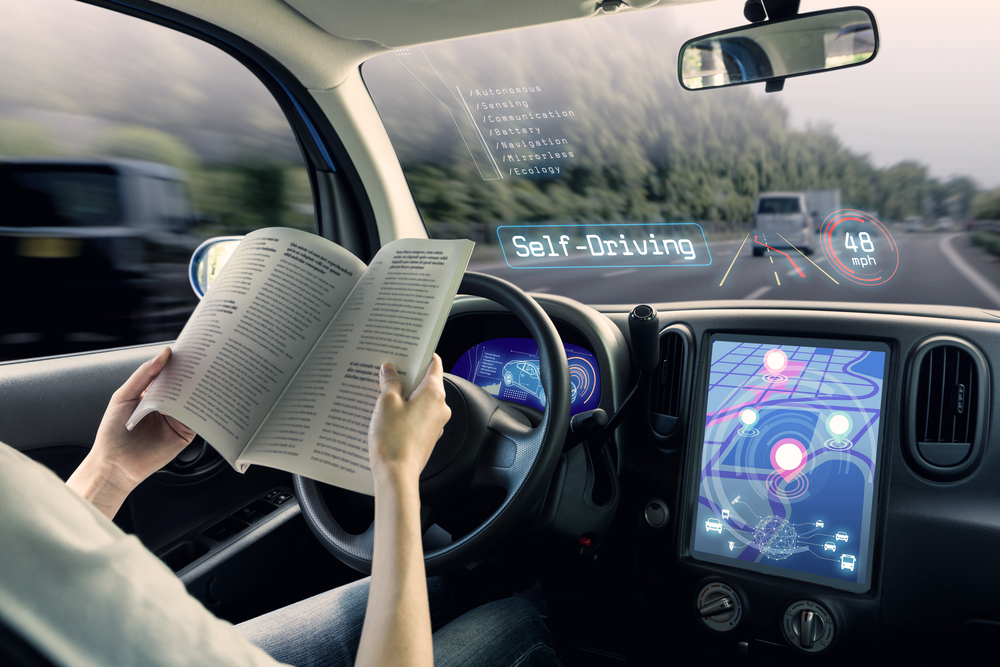The automobile industry has, in the recent past, been characterised by power, speed, individualism and freedom. Today, things are looking up for carmakers in ways that are unimaginable and more change is expected in the future.  There will be little talk about alternative fuels, and too much discussion on information technology and automation. New designs will rule the roads, and there will also be widespread adoption of electric vehicles. More than any other invention before, the automobile has, in large ways, shaped the modern world. One of them was the introduction of the internal congestion engine, which was used to power the horseless carriage, and the other was the extraction and refinement of petrol. In turn, this created jobs and gave rise to mobility. In the current world, communication networks, the internet and other electronics are more of the commodities poised to bring change in transportation.
There will be little talk about alternative fuels, and too much discussion on information technology and automation. New designs will rule the roads, and there will also be widespread adoption of electric vehicles. More than any other invention before, the automobile has, in large ways, shaped the modern world. One of them was the introduction of the internal congestion engine, which was used to power the horseless carriage, and the other was the extraction and refinement of petrol. In turn, this created jobs and gave rise to mobility. In the current world, communication networks, the internet and other electronics are more of the commodities poised to bring change in transportation.
Internet Connectivity
By 2020, vehicles are likely to be connected to the internet via WIFI, and a good number of them will be in a position to consume, create and share web-based data. The connectivity will be the reason most carmakers will change their models as per the inventions of tech innovators, primarily with the aim of gaining income from mobile apps. With the introduction of the internet, manufacturers will have to team up with players like Apple, Samsung and Google. The apps will contain driver-related content, and it will be possible to shop on the internet and pay for parking online. Indeed, the automobile is set to be the final digital lifestyle frontier. Car companies have recently been telling the world that, by 2020, cars will be electric and internet-connected, something that sounds quite exciting. In 2050, the automobile is expected to be self-driving, and companies are working to find ways of allowing cars to cruise along highways without drivers. With the upgrades, driving is likely to become safer and more efficient, and in fact, there will be less congestion. There may also be new automobiles that are smaller and highly efficient.
